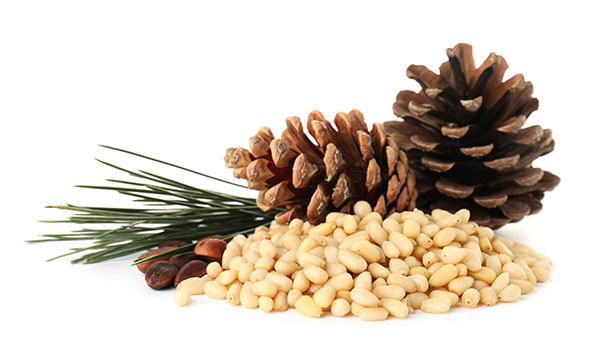
Polyphenols are found in most fruits, such as grapes and berries; in root crops, including turmeric; and in many other plant sources that are rich in tannic compounds. While they are known to be poorly absorbed by the body, they do provide notable health effects.
In their study, which was published in the Journal of Agricultural and Food Chemistry, the Spanish researchers identified phenylacetic and phenylpropionic acids as the main phenolic metabolites present in feces. Phenylacetic acid was linked to a more pro-oxidant and immune-stimulated status -- both of which were negatively associated with fecal propionate. On the other hand, phenylpropionic acid was directly linked to the fecal concentration of acetate. In addition, they found that phenylacetic acid was positively associated with Lactobacillus and negatively associated with the Bacteroides group and Clostridium cluster XIVa.
The researchers did not use the term "prebiotic" for the combination because they do not have enough proof that the microbes fed on the polyphenolic molecules directly. Nonetheless, the administration of the combination displayed positive changes in the composition of the gut microflora. However, the researchers noted that the complex mechanisms of these associations are still poorly understood. According to the researchers, these findings can serve as a basis in the exploration of the potential of fecal microbial phenolic-derived metabolites as indicators or markers of health status in future studies concentrated on the older population.
The health benefits of polyphenols
As mentioned earlier, polyphenols provide health benefits. Many of these health benefits are associated with their role as antioxidants, which have the ability to fight cell damage. Here are some of the health benefits associated with polyphenols:
Fighting inflammation: In an animal study, researchers examined the effect of polyphenols from green tea on inflammation after exercise. They found that the rats that received green tea polyphenols were able to maintain their activity for longer compared to the rats that did not receive the polyphenols. In addition, they had dramatically lower levels of chemicals that signaled inflammation and muscle damage in their blood. In another study, researchers looked at the effect of lignans on inflammation in adults in the U.S. Lignans are a class of polyphenols that can be found at their highest levels in virgin olive oil, flaxseed, and whole grain rye flour. They measured the participants' lignan intake through their urine. The researchers discovered that higher levels of lignans in the urine were linked to lower levels of measures of inflammation.
Preventing heart disease: A review of studies that investigated the effect of cocoa polyphenols on the risk factors of heart disease revealed that eating cocoa for a minimum of two weeks resulted in a dramatic decrease in blood pressure. In addition, the review authors discovered that cocoa dramatically reduced low-density lipoprotein (LDL) or "bad" cholesterol and increased high-density lipoprotein (HDL) or "good" cholesterol.
Managing obesity: There is also evidence that polyphenols may contribute to regulating body weight. In one study, researchers compared the consumption of a class of polyphenols called flavonoids with body mass index (BMI) and waist circumference. Through this study, they discovered that higher flavonoid intake was associated with lower BMI and waist circumference.
Preventing Type 2 diabetes: Polyphenols may also help lower Type 2 diabetes risk. Studies have shown that polyphenols may enhance insulin sensitivity and slow down the rate the body digests and absorbs sugar. In a review, researchers found that flavan-3-ols, a type of flavonoid, may reduce insulin resistance. Another review found that people who had the highest flavonoid intake had a lower risk of developing Type 2 diabetes compared to those who consumed the least.
Learn more about the health benefits of polyphenols at Phytonutrients.news.
Sources include:
Please contact us for more information.























